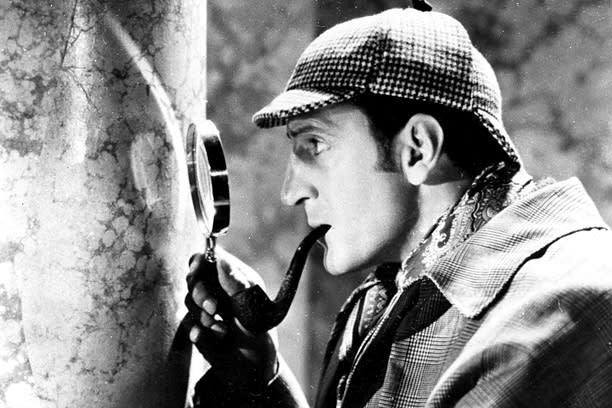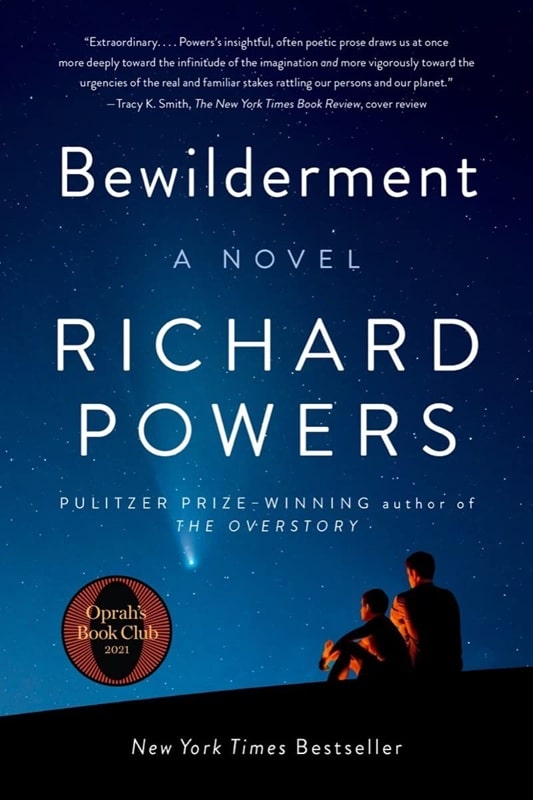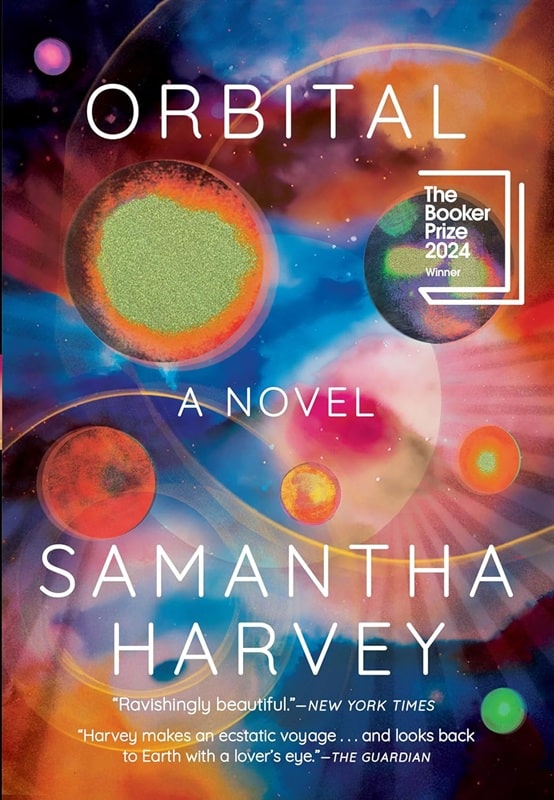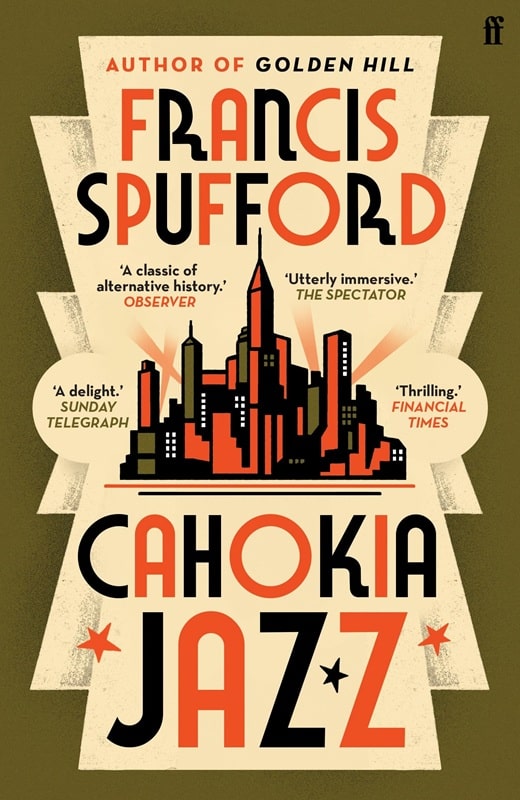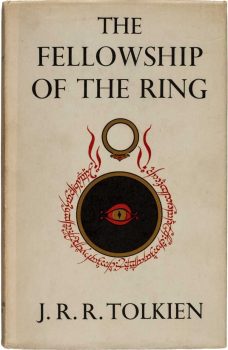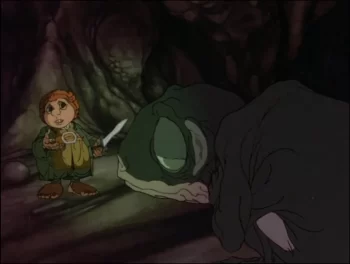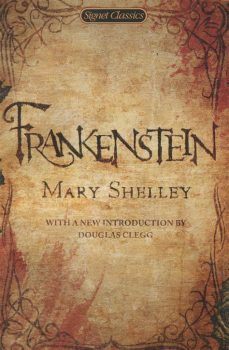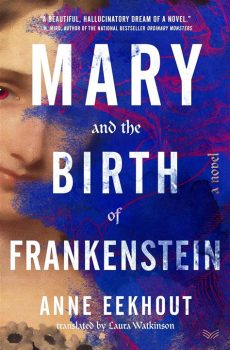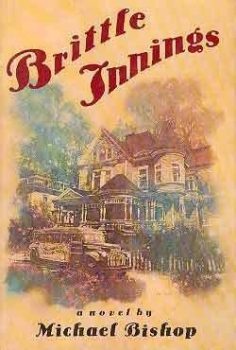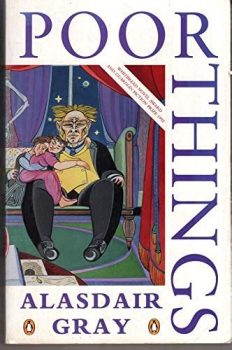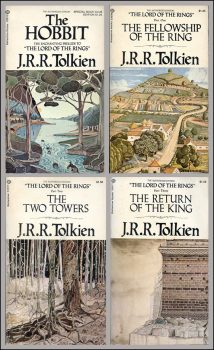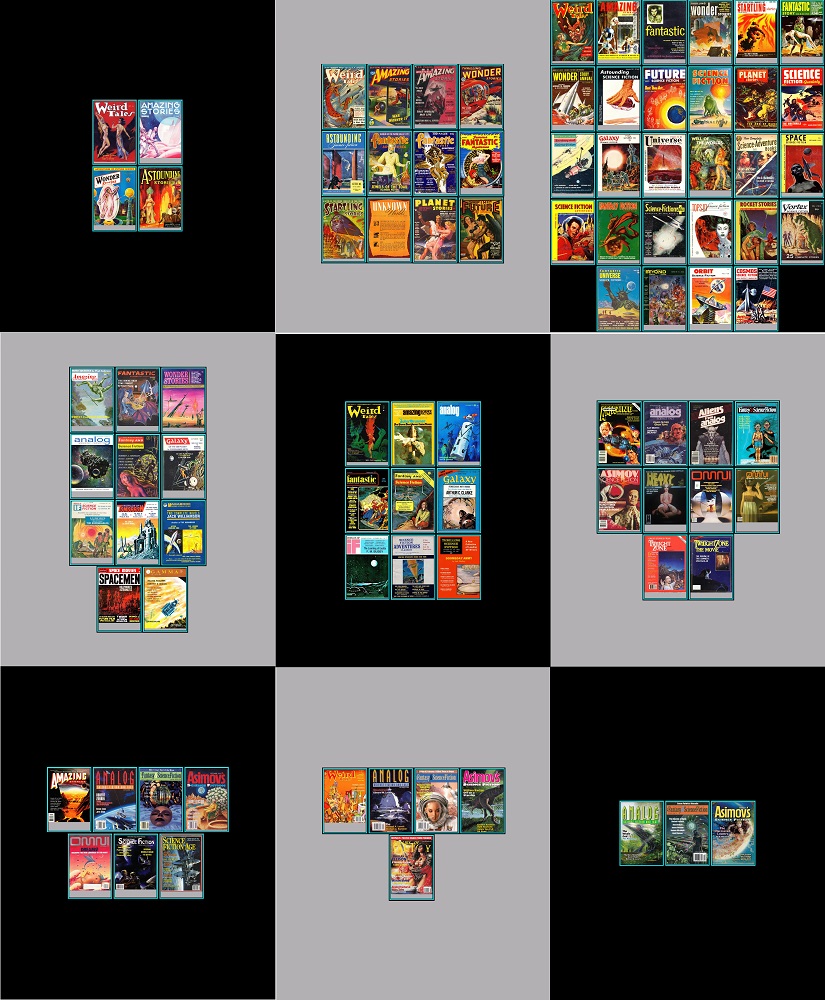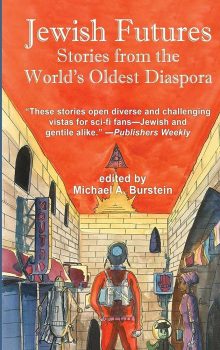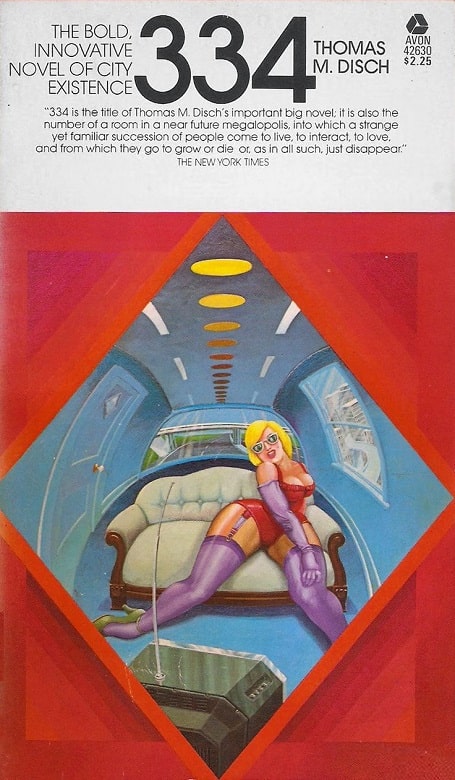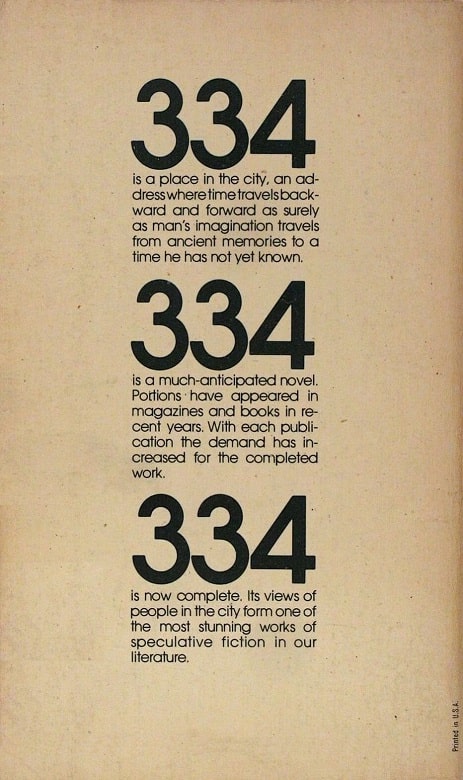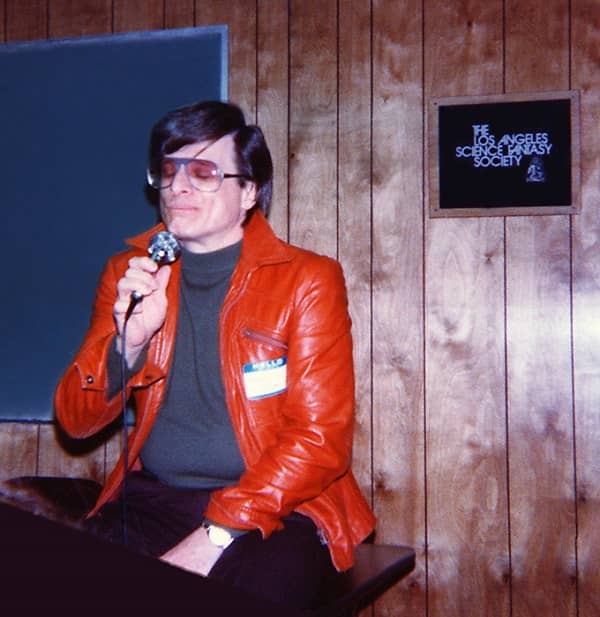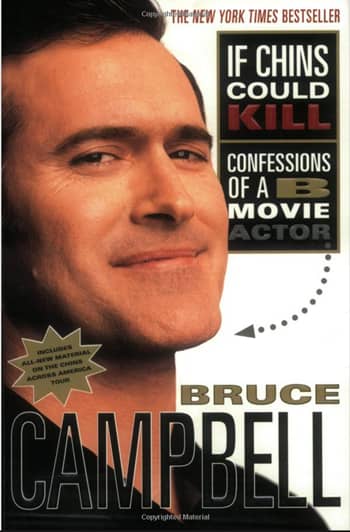Shouldn’t the Missing Be Missed?
I’m a big fan of mystery stories, and I’ve read a lot of the genre’s major writers, from well-mannered Brits like Doyle, Christie, and Chesterton to hard-hearted Yanks like Hammet, Chandler, and McBain. A lot of their stories begin with a disappearance (even if they end with a corpse), and though in fiction the Great Detective always solves the case, in real life many disappearances remain unsolved, which makes them the most baffling mysteries of all. That may be why people still debate the fate of Judge Crater, search remote islands for a trace of Amelia Earhart, and argue over whether the New York Giants snap the ball over the remains of Jimmy Hoffa.
I don’t spend much time worrying about those folks — what really bothers me are the people who disappear on the internet, without Hercule Poirot or Philip Marlowe ever so much as lifting a finger to find them.
